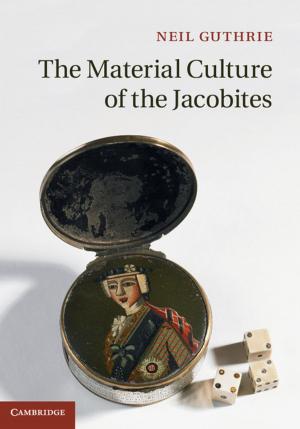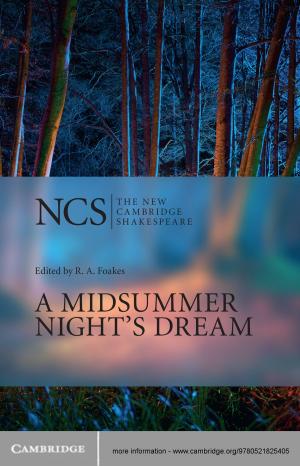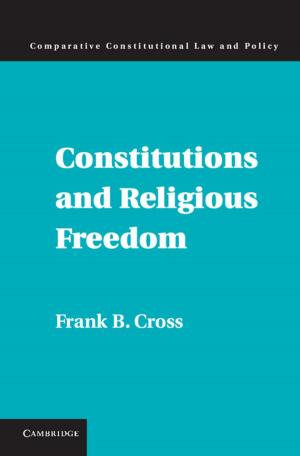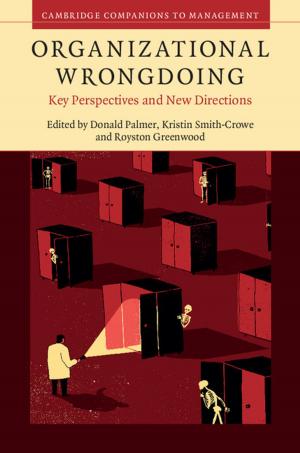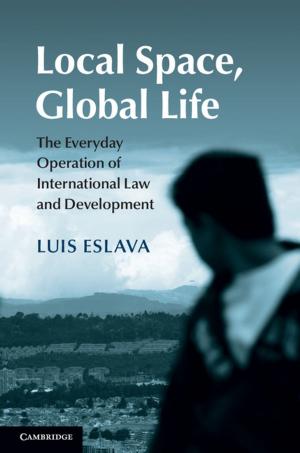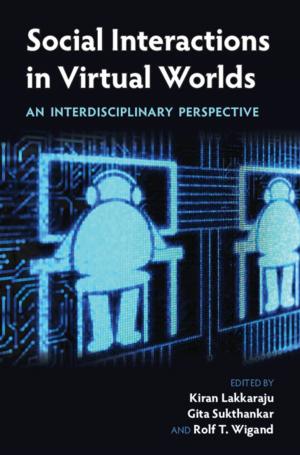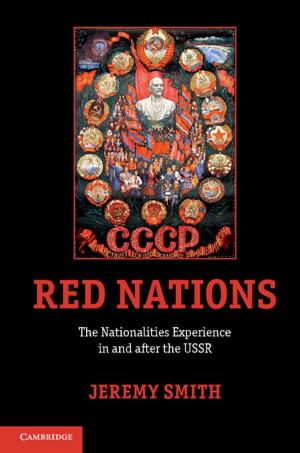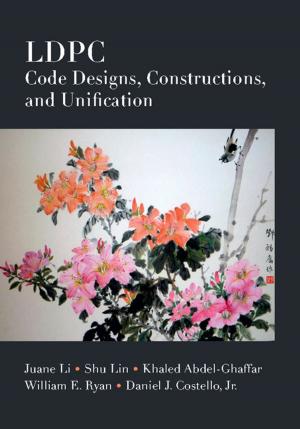The Rationalization of Miracles
Nonfiction, Social & Cultural Studies, Social Science, Sociology, Marriage & Family, Religion & Spirituality| Author: | Paolo Parigi | ISBN: | 9781139411486 |
| Publisher: | Cambridge University Press | Publication: | May 14, 2012 |
| Imprint: | Cambridge University Press | Language: | English |
| Author: | Paolo Parigi |
| ISBN: | 9781139411486 |
| Publisher: | Cambridge University Press |
| Publication: | May 14, 2012 |
| Imprint: | Cambridge University Press |
| Language: | English |
During the Counter-Reformation in southern Europe, Catholic Church officials developed rules to legitimize miracles performed by candidates to sainthood. The Rationalization of Miracles uncovers a tacit understanding between central religious officials and local religious activists. Each group had a vested interest in declaring miracles: Catholic Church leaders sought legitimacy in the wake of the crisis of faith created by the Protestant Schism and religious acolytes needed Church approval to secure a flow of resources to their movements. The Church's new procedure of deeming miracles 'true' when there were witnesses of different statuses and the acts occurred in the presence of a candidate's acolyte served the needs of both parties. And by developing rules and procedures for evaluating miracles, the Church rationalized the magic at the root of the miracles, thereby propelling the institution out of a period of institutional, political and social uncertainty and forming the basis of modern sainthood.
During the Counter-Reformation in southern Europe, Catholic Church officials developed rules to legitimize miracles performed by candidates to sainthood. The Rationalization of Miracles uncovers a tacit understanding between central religious officials and local religious activists. Each group had a vested interest in declaring miracles: Catholic Church leaders sought legitimacy in the wake of the crisis of faith created by the Protestant Schism and religious acolytes needed Church approval to secure a flow of resources to their movements. The Church's new procedure of deeming miracles 'true' when there were witnesses of different statuses and the acts occurred in the presence of a candidate's acolyte served the needs of both parties. And by developing rules and procedures for evaluating miracles, the Church rationalized the magic at the root of the miracles, thereby propelling the institution out of a period of institutional, political and social uncertainty and forming the basis of modern sainthood.



